Introduction: A Month-Long Journey into Su-ho’s World
For over a month now, I’ve been diving deep into Weak Hero—and honestly, it’s gone beyond just analysis. Like Seong-je would say, it’s become this foolishly “romantic” obsession 😂 What started as casual viewing has transformed into a passionate exploration of every nuance, every cultural detail, and every linguistic treasure hidden within this masterpiece.
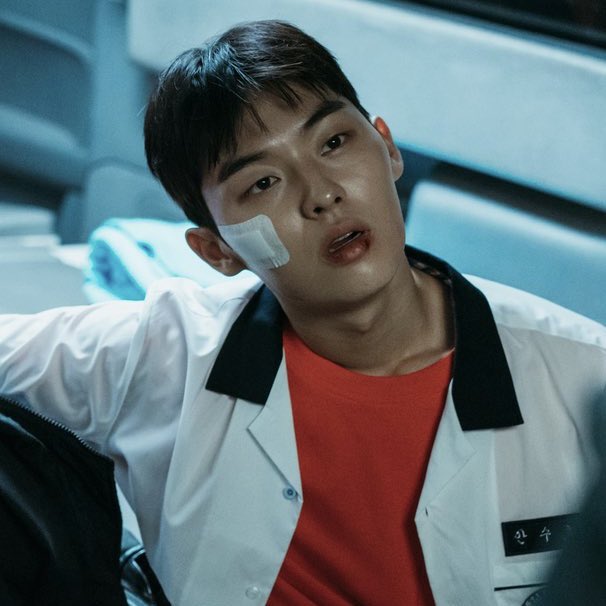
Through this journey, I’ve discovered something incredible: there’s a massive international fanbase for Weak Hero, and these fans are hungry for the authentic Korean experience that sometimes gets lost in translation. While I have nothing but gratitude for the translators who work tirelessly to bring Korean content to global audiences, I realized there’s room to offer something different—a deeper dive into the cultural context and linguistic artistry that makes characters like Su-ho so compelling in their original form.

Su-ho’s character, in particular, is a goldmine of Korean slang, cultural jokes, and wordplay that international viewers might miss. His iconic lines aren’t just memorable because of their impact—they’re crafted with linguistic precision that reveals layers of his personality, his relationships, and his place in Korean social dynamics.
Content Policy & Viewing Options
Want to experience Su-ho’s lines with his actual voice and intonation? 🎧 Click here to watch the YouTube version – hear Su-ho’s iconic delivery firsthand!
Content Disclaimer: This analysis focuses on literal Korean translations and cultural context. All drama clips and content belong to their original creators. This is fan-created educational content designed to enhance appreciation for the source material.
Fair Use Notice: This post contains copyrighted material from “Weak Hero” (© Wavve/Netflix) used for educational analysis, criticism, and commentary purposes under fair use doctrine.
You crossed the line
Alright, so “You crossed the line” – this is probably Su-ho’s most iconic line, right? But here’s something cool about the Korean pronunciation. In Korean, “line” sounds like “SUN”, and this word has this beautiful double meaning. Obviously there’s “the line” as in boundary, but “SUN” also means “goodness” or “virtue” in Korean.
And I think this “SUN” concept is so symbolic for Su-ho’s character. He’s the breadwinner of his family, so he doesn’t have time to waste emotions or energy. He’s this rational boy who sorts out his feelings and actions logically. But here’s the sweet part – when his most beloved friend is about to cross that “line”, that boundary, Su-ho pulls him back into the safe zone. So sweet, right?

If you mention me, you die
One of Su-ho’s most endearing traits gets completely lost in English translation: his playful manipulation of Korean honorific systems. When Su-ho tells the baseball team bullies, “If you mention ‘hyung’s’ name to the nurse, you’re dead”, he’s engaging in linguistic rebellion that reveals his character’s complexity.
The joke here is deliciously subversive. Those baseball players are actually older than Su-ho, making them technically his “hyung” (older brother/senior). Yet Su-ho boldly refers to himself as “hyung” in this context, essentially flipping the power dynamic through sheer audacity and charisma.
This isn’t arrogance—it’s Su-ho’s way of creating space where relationships are defined by respect and capability rather than arbitrary age hierarchies. He’s saying like, “In this moment, I’m the one taking care of business, so I’m the hyung here” It’s simultaneously protective, humorous, and slightly rebellious—perfectly capturing Su-ho’s approach to most situations.
Stay healthy
This scene didn’t make it to the final cut but was released later as a deleted scene, which totally satisfied our hearts! Su-ho’s literal words to the bullies were “If you get into trouble somewhere, you’re dead”, That “dead” – “dwi jin da” in Korean – is more of a slang than a curse word. It’s pretty casual. By the way, he used the same expression with the baseball team earlier!
And remember the main principle – I’m translating Su-ho’s words as literally as possible, you know?
There’s something undeniably attractive about Su-ho telling smoking delinquents to “stay healthy”. This line has become iconic among fans, and for good reason—it perfectly encapsulates everything that makes Su-ho magnetically appealing.
The phrase works on multiple levels, but it’s not about moral superiority. Personally, I think Su-ho doesn’t smoke because he already knows he has presence without needing artificial props. As the breadwinner of his family, there’s also likely an economic factor—cigarettes cost money that could be better spent elsewhere.
What makes this line particularly effective is Su-ho’s delivery and lifestyle backing it up. Actor Choi Hyun-wook brings a natural coolness to these moments that suggests Su-ho doesn’t need artificial stimulants or props to project strength.

“Stay healthy”
Behind the Scenes
This scene is one of my favorite Su-ho moments – you know, boys establishing their hierarchy, it’s inevitable, but this is truly befitting of Byeoksan High’s top dog! I heard from behind-the-scenes stories that the costume director had so much fun dressing Choi Hyun-wook because he looked amazing in whatever they put on him!
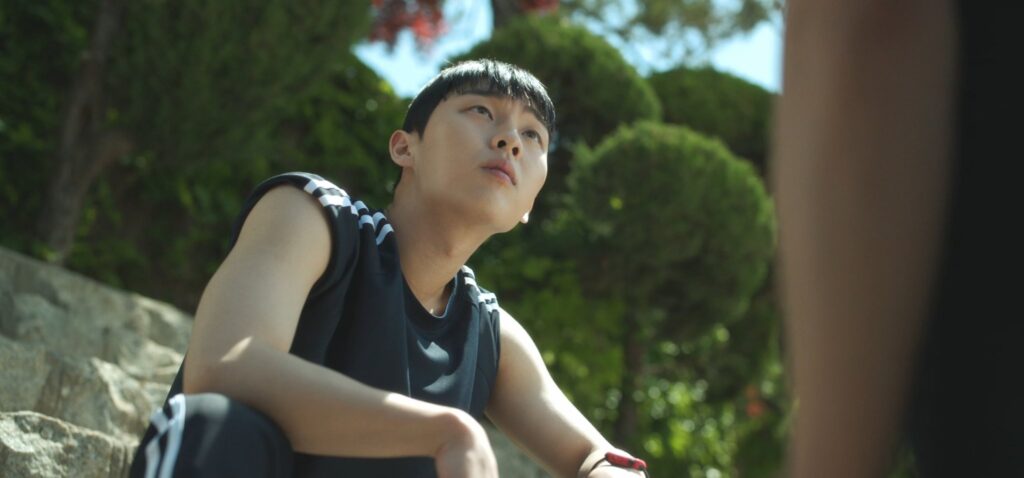
Don’t cross the line and You should know when to stop
These are probably the second most famous iconic Su-ho lines! Recently, a subscriber commented that before Si-eun crossed that “line”, they thought Si-eun was like a quiet cat, but Su-ho was actually enjoying watching him show his claws – watching Si-eun smash Yeong-bin and reveal those bear paws. And honestly? I totally agree with that observation.
Then when Si-eun, who was getting a bit unhinged, was about to cross the line, Su-ho backs him up and says “You should know when to stop”, The literal translation would be something like “You should do it moderately“

“You should do it moderately”
Am I like a guardian angel who just woke up?
The fact that “Su-ho” literally means “guardian” in Korean isn’t lost on fans, but there’s a deeper story about how this character trait manifested in the show’s production. Originally, the script called for Su-ho to refer to himself as a “guardian deity”, but actor Choi Hyun-wook changed it to “guardian angel” during filming.
This change is more significant than it might appear. In Korean, “guardian deity” (수호신) carries heavy, formal connotations—it’s the kind of protector you pray to, distant and powerful. “Guardian angel” (수호천사) feels more personal, approachable, and fundamentally caring rather than just powerful.
Choi Hyun-wook’s instinct to soften this line reveals his understanding of Su-ho’s character. Su-ho isn’t trying to position himself as an untouchable figure of worship—he wants to be seen as someone who genuinely cares about protecting others, even if he sometimes jokes about it.

“Am I like a guardian angel who just woke up?“
You asked me to buy the lunch
In this scene, I wanted to look at Si-eun’s literal dialogue. “I’m buying” was an optimal translation choice, but Si-eun’s actual words were “You asked me to buy the lunch”, Considering this was before the two boys became close friends, Si-eun saying “I’ll buy it” might have sounded too affectionate for their relationship at that point.
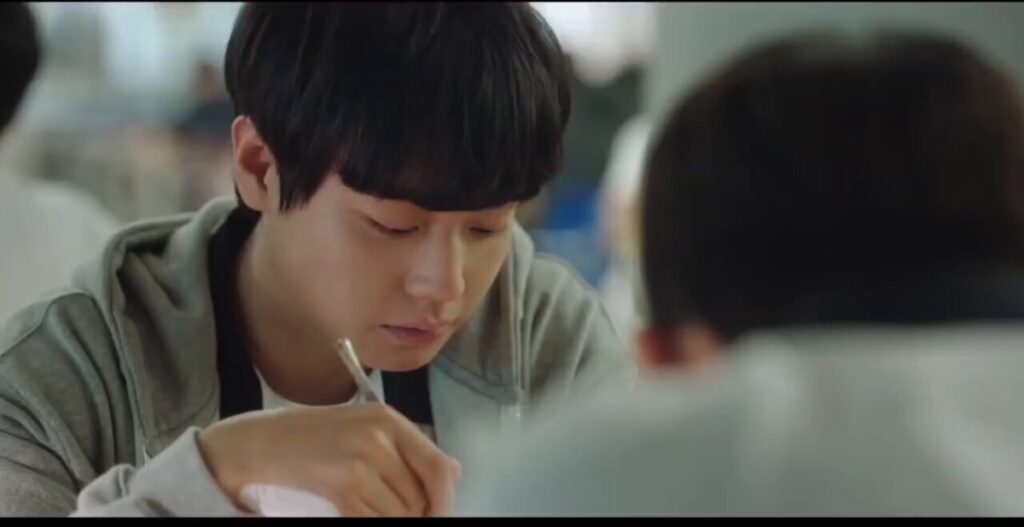
Tap out, f***er and Shaki ya
When Su-ho says “tap out fucker” I actually learned from this scene that “tap” means surrender in MMA fights! And when Su-ho calls Seokdae “SHAE KI YA” – “shae ki” is like a mild curse word, about as strong as “fucker,” but honestly among boys that age, it barely counts as cursing 😂
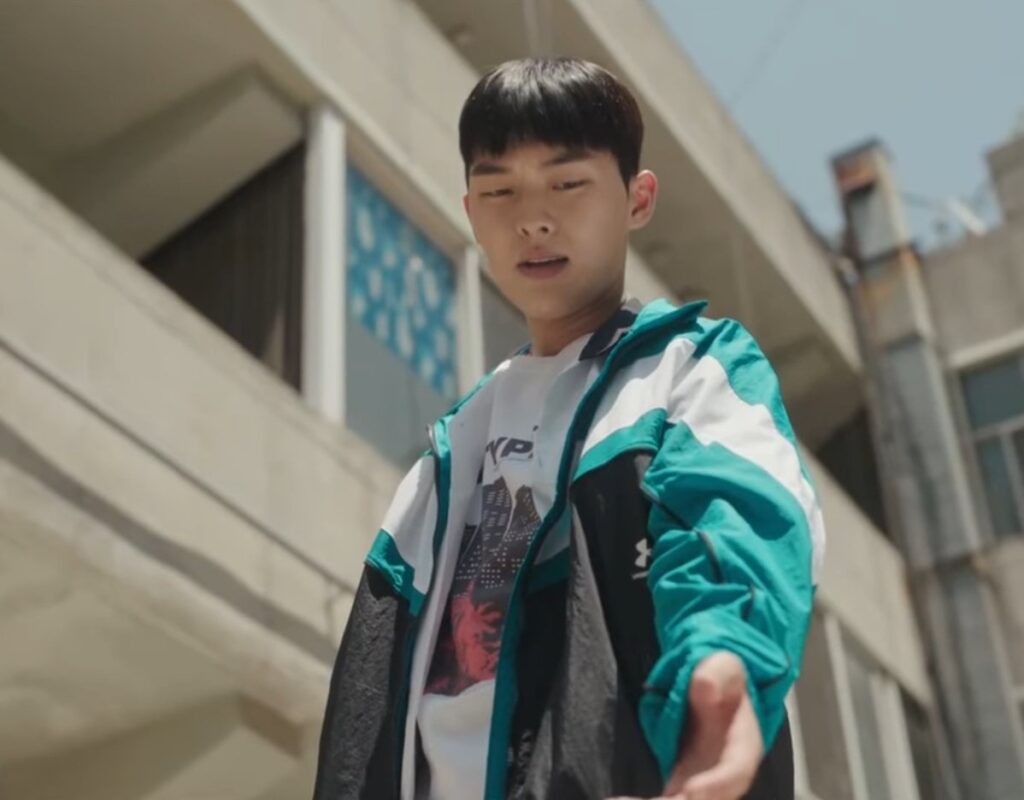
Do you respect me now?
This scene…well… if you look at the script direction, it says Si-eun “suddenly feels like Su-ho seems more mature”. The English translation “Do you respect me now?” was an optimal choice, but felt quite rephrased from the original, which was a bit of a bummer. Here, Su-ho makes another wordplay: “Why do you suddenly want to call me ‘hyung’?”

This is how you eat food with your hands
This part was also heavily rephrased in the English translation. Su-ho literally says “This is how you eat food with ‘hand taste’”, I totally get why the “hand taste” nuance would’ve been tricky to capture in English. Korean has so many idioms related to eating – we don’t say we “get older” we say we “eat age”, Maybe when I have time, I’ll organize some wordplay related to this! 🙂
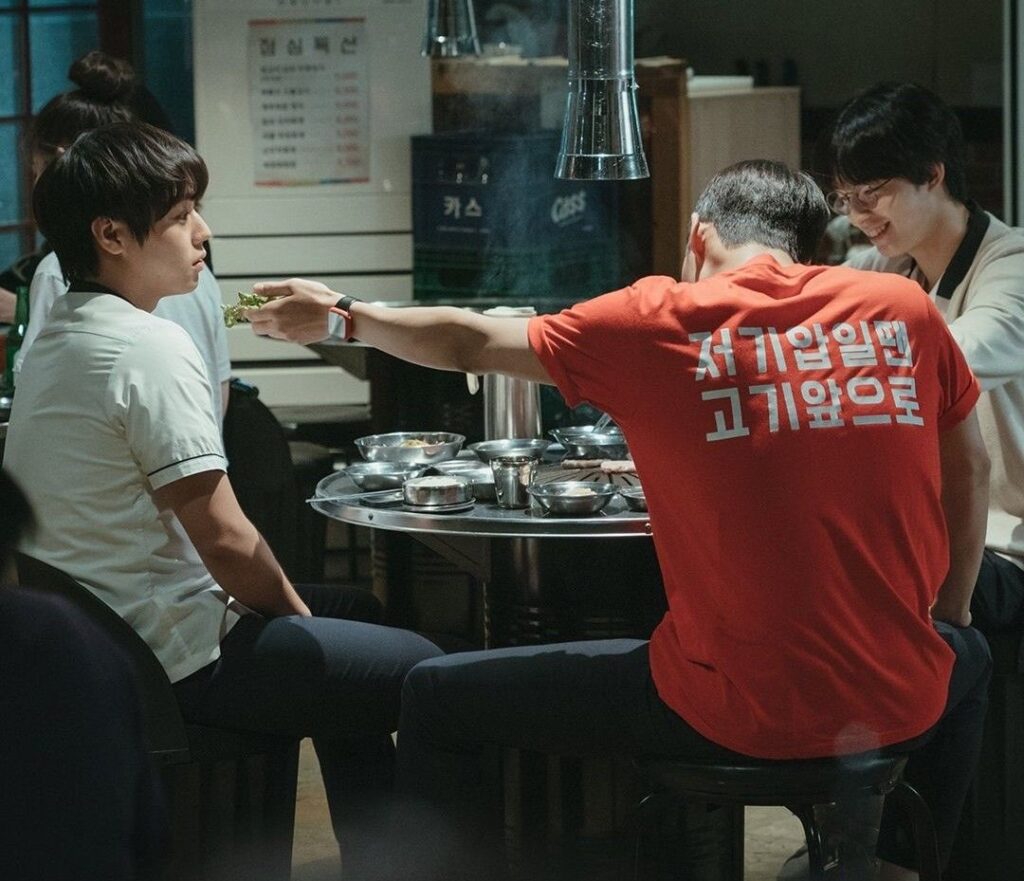
Why would I go back to that chicken coop?
The English translation “Why would I want to go to school more?” was paraphrased. Su-ho’s literal words were “Why would I crawl back into that chicken coop?” – comparing college to a chicken coop from his perspective.
In the script, when Si-eun asks “You’re not going to college, right?” the direction says “with a slightly dismissive tone”, But I can’t even imagine Si-eun thinking of Su-ho as pathetic, even briefly! I think actor Park Ji-hoon brilliantly delivered that line while conveying the emotional nuance that Si-eun was already starting to become fond of Su-ho at this point. Just amazing how he captured that subtle shift in their relationship.
Are you bragging about your f***ing age?
I think the English translation was pretty literal here. When the thug Gil-su was threatening the boys by bragging about killing people, Su-ho snaps back dismissively with what literally translates to: “Are you bragging about eating your age?” Here we see that “eating age” expression again – it’s really common in Korean.
It’s almost invisible to native speakers, but Su-ho weaponizes it brilliantly. By adding “chur” (a cursing intensifier) before “eating”, he transforms a neutral aging expression into something dismissive and insulting: “fucking aging” instead of just “aging”
Su-ho’s interactions with older antagonists showcase his masterful navigation of the Korean age hierarchy. When Gil-su brags about his criminal experience, Su-ho’s response—“Are you bragging about eating your age?”—uses the Korean expression “eating age” (나이 먹다) to devastating effect.
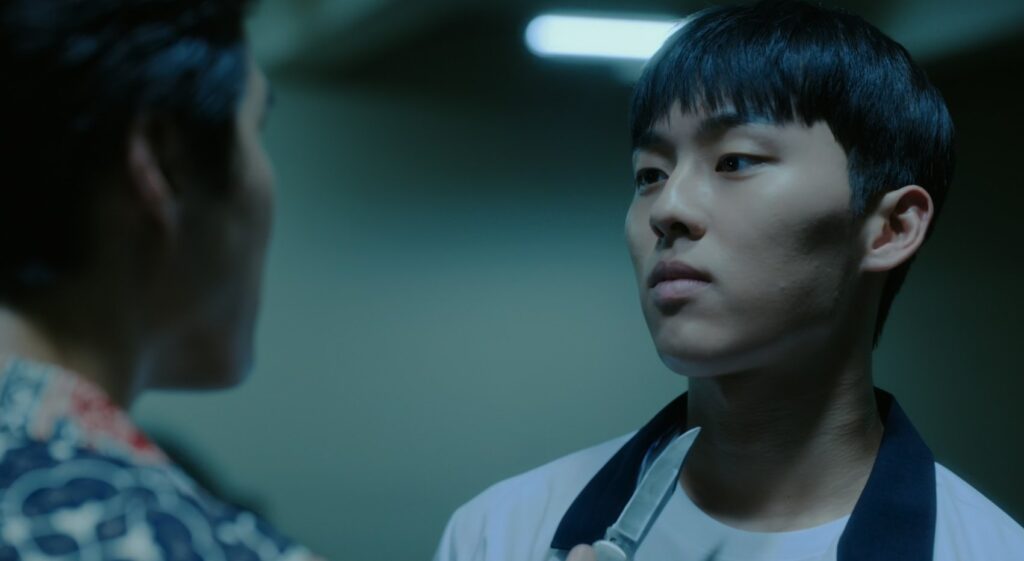
Gently
This scene shows Su-ho telling Si-eun to be gentle while Si-eun unties the tape from his wrists. I was curious how they translated this, and they used “gently”, Yeah, that’s right. Su-ho says “sal sal hae ra” to Si-eun.
When Su-ho tells Si-eun to be “gentle” while untying his restraints, Korean viewers hear something that carries extra warmth: “sal sal hae ra”, This expression is incredibly useful in Korean—it’s like a survival phrase that immediately communicates the need for careful, considerate touch.
“Sal sal” has a tenderness that “gently” captures but doesn’t fully convey. It’s the kind of thing you might say to a child learning to pet an animal, or to someone helping you with an injury. Su-ho’s use of this phrase in such a vulnerable moment reveals his capacity for softness even in tough situations

“sal sal hae ra”
The Bromantic Symbol – “Thorai”
No discussion of Su-ho’s iconic lines would be complete without addressing the “thorai” moment that sent the fandom into emotional overdrive. When Su-ho calls Si-eun “thorai” (basically “lunatic”) after their Yongmaland fight, he’s engaging in a form of Korean emotional expression that international viewers might not fully grasp.
“Thorai” is definitely a curse word, but context transforms its meaning entirely. When delivered with Su-ho’s particular mix of affection, admiration, and exasperated fondness, it becomes something closer to “You impossible, amazing person”, It’s the Korean equivalent of calling someone “crazy” when you’re actually expressing how much you appreciate their unexpected boldness.
This line feels almost like Su-ho’s love confession—not romantic love, but that deep platonic affection that recognizes and celebrates someone’s unique qualities. Si-eun had just surprised everyone (including himself) with his courage, and Su-ho’s “thorai” acknowledges both the absurdity and the impressiveness of the situation.
The beauty of this moment is how it captures the Korean tendency to express deep emotions through seemingly casual or even negative language. It’s emotional intimacy disguised as casual observation.

“Beom-seok-ah”
From here, the boys’ crumbling youth starts to surface… What I wanted to point out in this scene was when Su-ho calls him “Beom-seok-ah”, Dropping the surname and just using the first name shows intimacy. And if you combine the surname and first syllable of the name – like “Oh-beom” – calling someone like a nickname shows you really care about them indirectly.
By the way, when Jun-tae calls Hyeon-tak “Tak-ah” – using the last syllable “tak” plus the particle “ah” – that’s also an indirect way of showing affection. I covered this in another video, check it out if you’re interested!
In this scene, Su-ho calls him “Beom-seok-ah” with just the first name, but it’s a warning tone to a friend who’s starting to stray far from his boundaries. It’s heart-wrenching, but I love this scene, so I included it.
Cut the crap
Korean viewers lost their minds when Su-ho delivered his “ji ral ha ne” line, and the English translation “cut the crap” was absolutely perfect. This moment showcases how Korean slang can be both versatile and precisely expressive depending on context.

“Ji ral” is fascinating because it’s simultaneously a mild curse and a dismissive expression that can range from playful to genuinely annoyed. When Su-ho uses it against Woo-young’s suggestion to make their sparring look good for YouTube, he’s not just rejecting the idea—he’s rejecting the entire mindset behind it.
Interestingly, this same expression becomes a signature for Seong-je in Season 2, but with completely different energy. While Su-ho’s usage feels grounded and principled, Seong-je’s feels chaotic and provocative, showing how the same words can reveal entirely different personalities. In Season 2, Seong-je used “ji ral” in the funniest way when he was picking a fight with Go-tak under that underpass!
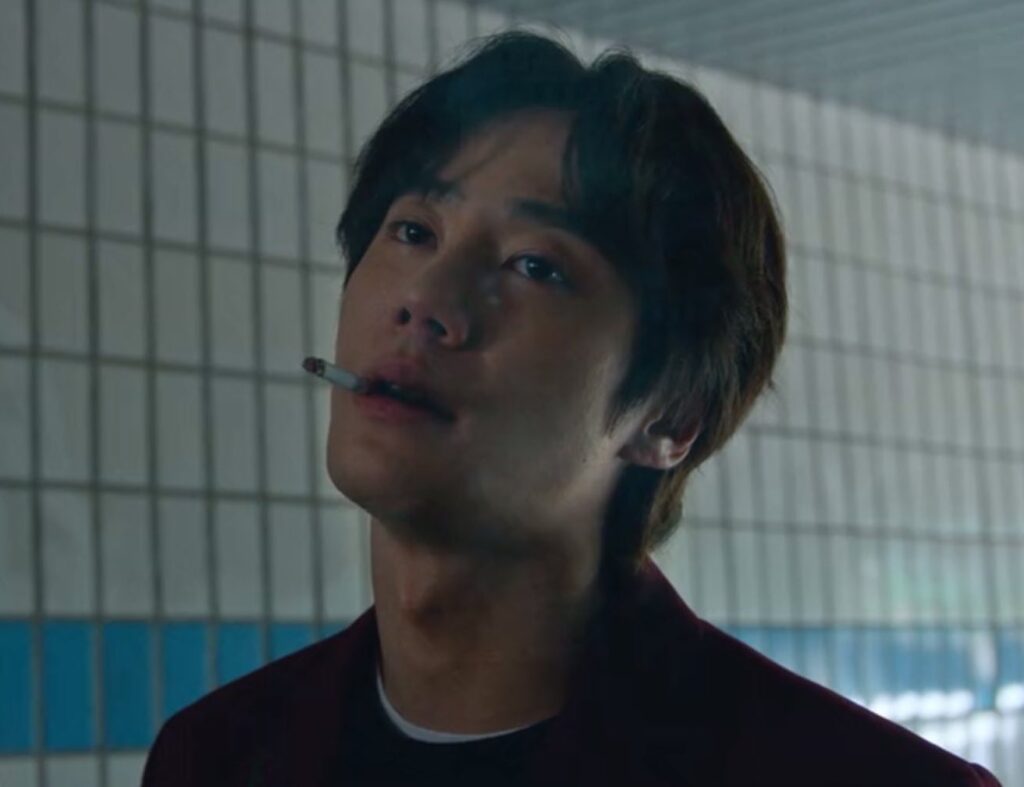
How have you been?
Weak Hero’s genius lies partly in its parallel structures, and Su-ho’s lines are carefully woven into this pattern. His “Have you been living well?” to Si-eun after waking from his coma directly echoes earlier moments in their relationship, creating emotional resonance that feels both natural and cinematically satisfying.
The Korean phrase “잘 지냈냐?” (Have you been living well?) carries implications beyond simple inquiry. It suggests concern about the other person’s overall well-being, happiness, and life circumstances. When Su-ho asks this after a 1-year and 9-month separation following his traumatic injury, the weight of everything unsaid makes the simple question devastating.
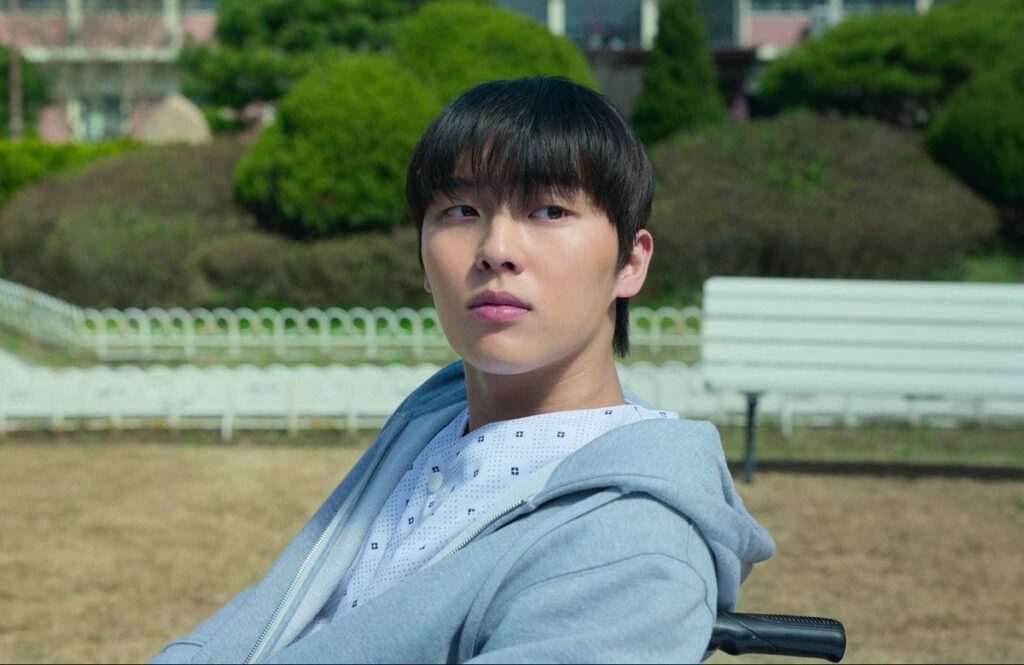
Su-ho’s consistent speech patterns throughout the series create a sense of personality continuity that makes his character feel authentic rather than constructed. Whether he’s joking with friends or confronting enemies, his linguistic choices remain true to his established character.
Conclusion: Why Su-ho’s Lost Language Matters
These linguistic details matter because they show us a Su-ho who is actively creating the kind of relationships he wants through careful language choices. He’s not just passively strong—he’s actively building bonds, establishing boundaries, and expressing care through Korean cultural codes that international viewers might miss.
The next time you watch Weak Hero, pay attention to Su-ho’s speech patterns, even in translation. Behind every iconic line is a character who’s carefully crafting his words to create the relationships and boundaries that matter most to him.
Want to hear these lines with Su-ho’s actual voice and delivery? 🎧 Watch the full analysis with original audio clips here
⚠️ Site Policies & Legal Information
✅ About JennieKdrama.com: This blog provides personal fan analysis and reviews of K-dramas, focusing on school action series like ‘Weak Hero.’ All content represents individual opinions and interpretations from a fan perspective, unrelated to official production teams.
⛔️ Copyright Disclaimer: All drama footage, images, and references belong to their respective copyright holders including streaming platforms and original creators. Materials are used minimally for educational criticism and analysis with no intention of copyright infringement.
🚫 Privacy Policy: This site follows standard web policies and does not directly collect personal information beyond basic analytics for content improvement. We use cookies to enhance user experience and may display advertisements.
📳 Contact: For questions or concerns, please use the comment sections or contact forms provided. This is fan-created content respecting all original copyrights – we are not responsible for any losses or damages resulting from our content interpretations.
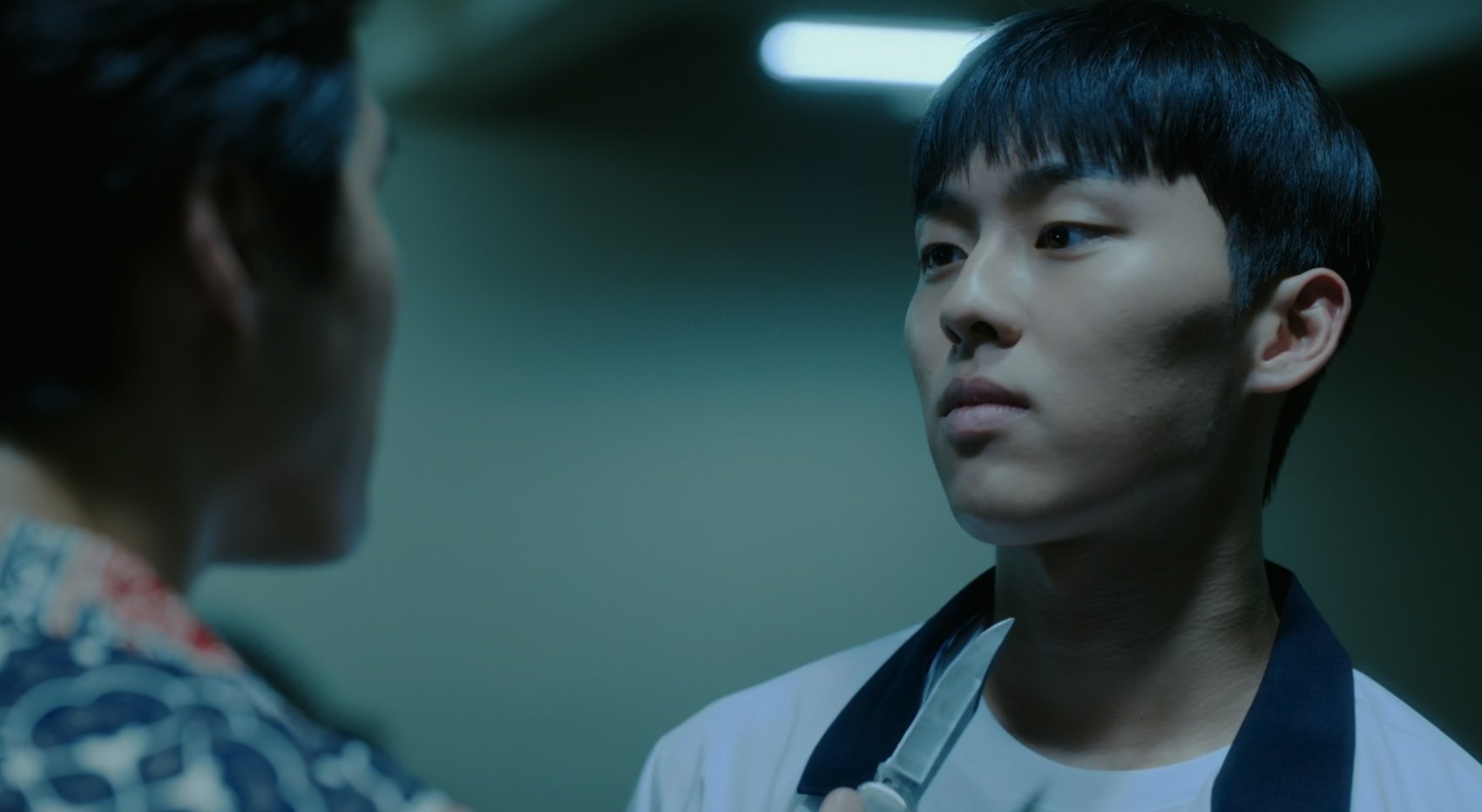
답글 남기기